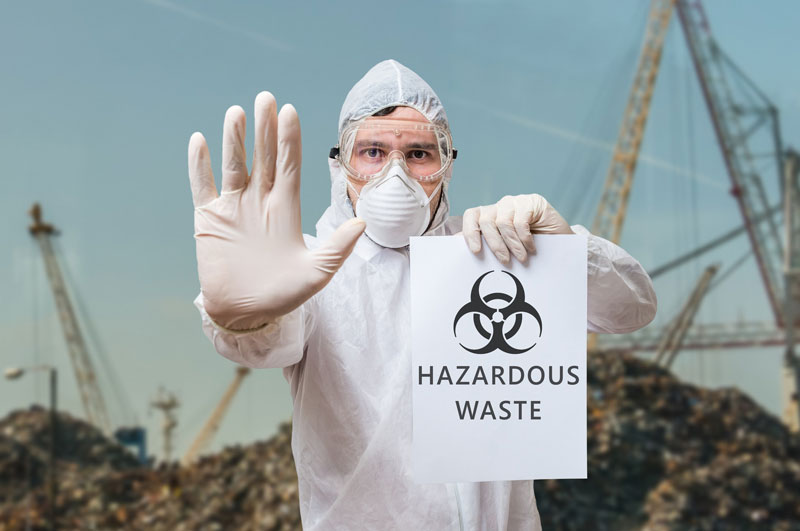
Handling chemical waste with care is important, not only for your safety but the safety of others. Hazardous material can have an impact on the environment and the health of people.
You may be in a position that requires knowing how to deal with potentially dangerous chemicals. This process means understanding basic toxic waste management and disposal.
There are many different types of chemical substances. However, there are a few basic things that remain the same when it comes to disposing of them.
Here is your quick guide to handling chemical waste.
Chemical Waste
First, what is chemical waste and how does it differ from other types of substances?
Chemical waste is produced in some laboratories, such as at a university or workplace. They are also found in contaminated soils, buildings, and household items, like cleaning supplies. While there are certain classifications, a chemical might be hazardous if it is ignitable, toxic, or reactive with other substances.
Whether you are an employee or student, you have some key responsibilities when it comes to handling waste. Whatever chemical substance you are required to handle, careful management is incredibly important, because a small volume of a chemical can be just as dangerous as a large amount.
Chemical wastes break down into four categories. These include hazardous waste, nonhazardous waste, and universal waste. The final category indicates safe for regular trash or sink disposal.
Hazardous waste has the most potential to harm people and the environment. You must manage and dispose of these substances very carefully.
Health and Safety Precautions
Taking personal safety precautions is the first step toward disposing of chemical waste. There are a few common types of Personal Protective Equipment (PPE). The required protective gear you need will depend on the chemical you are handling.
Gloves and eye protection are must-haves for disposing of hazardous material. These minimize your risk of making direct physical contact with the chemical.
Safety goggles, aprons or lab coats, fume hoods, and face shields are other PPEs.
Handling Chemicals and Disposal
There are chemical collection systems that make the process of separating waste simple. In general, making waste acceptable for pickup or disposal means separating chemicals.
If there are several different types of chemicals, segregate them into different containers. This process minimizes hazards and makes disposal easier to manage.
Make sure to use the proper container for each type of waste. Depending on the chemical, you may use solvent bottles, metal cans, or glass bottles. In every case, however, chemical waste containers should be tightly sealed and checked for potential leaks.
Finally, make sure to label each chemical so that personnel can easily identify every substance. Places of employment may have rules and regulations for the marking of waste.
Learn More
While handling hazardous material is a serious and comprehensive subject, this guide is your perfect starting point.
To learn more about chemical waste management and other important tips, check out our blog.
Established in 1994, Superior Automation provides cutting-edge automation solutions for customers around the globe, ensuring quality control and meeting industry safety and compliance standards.
